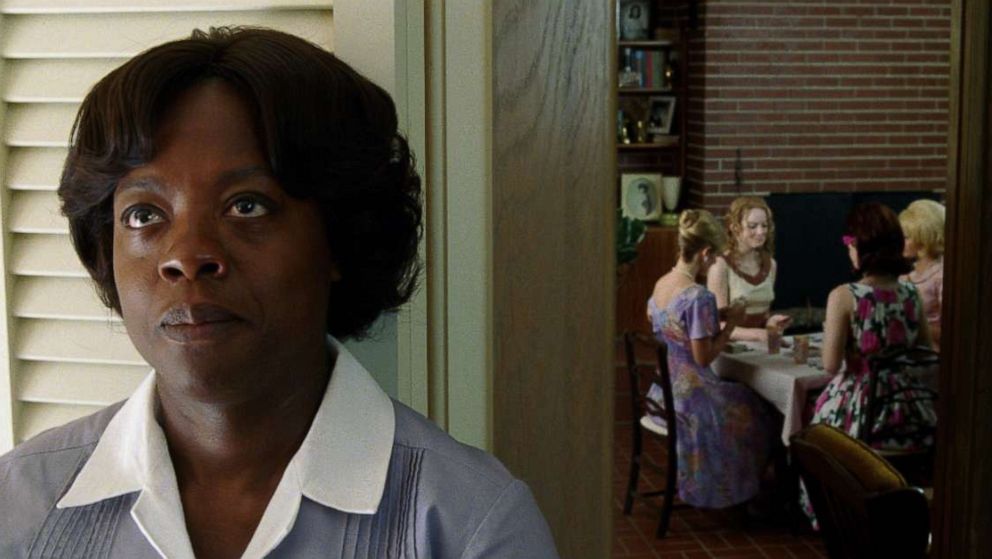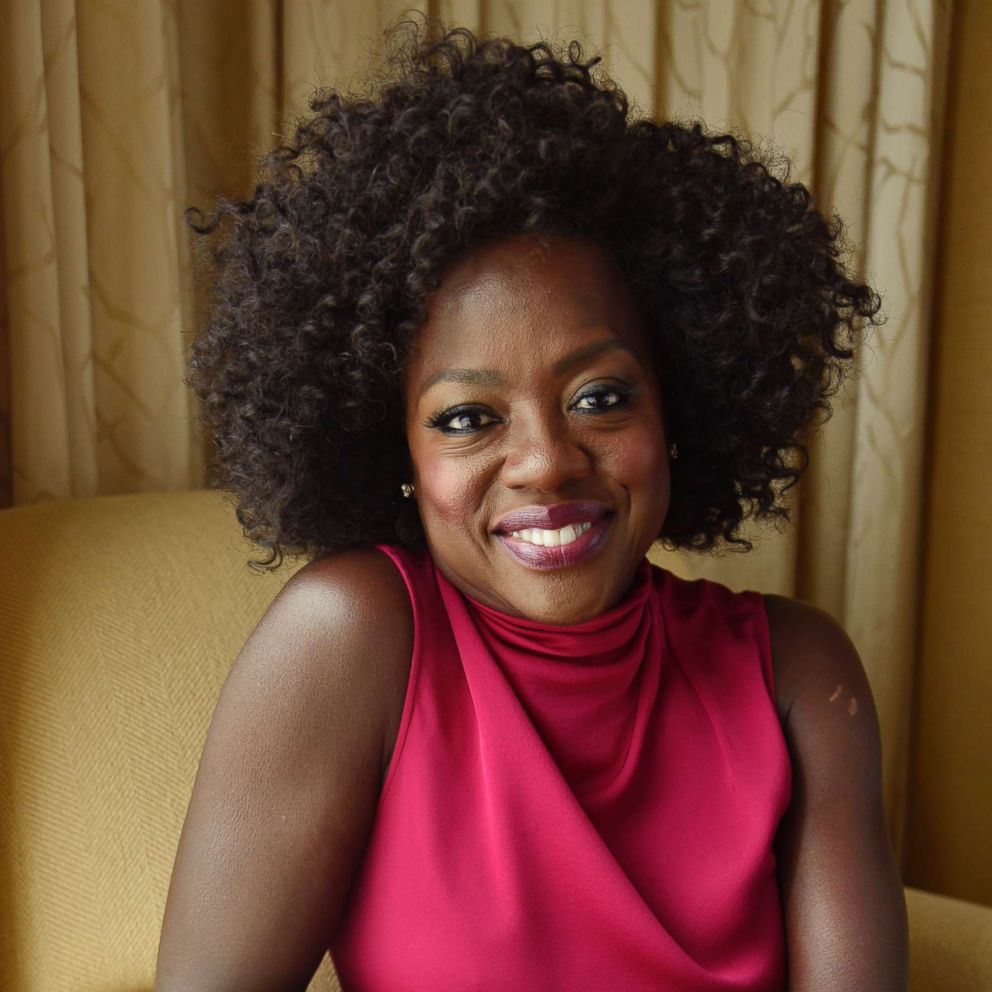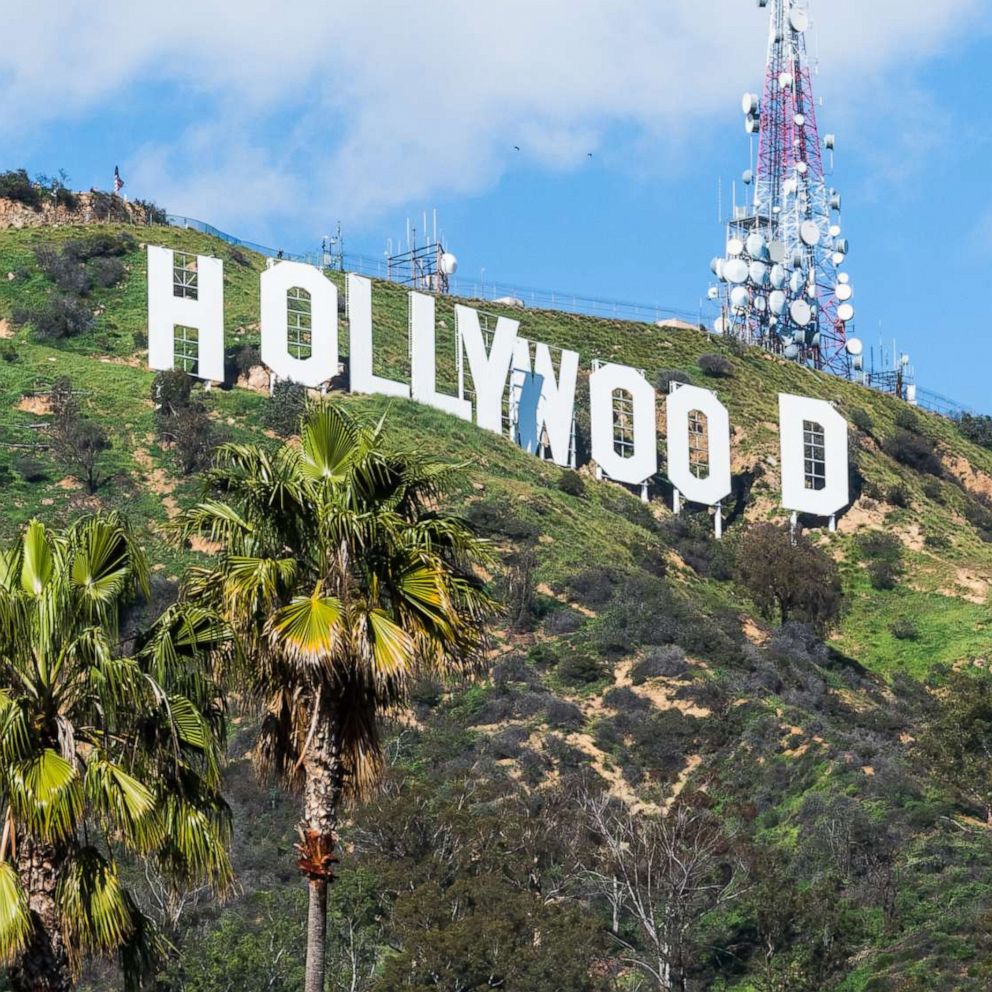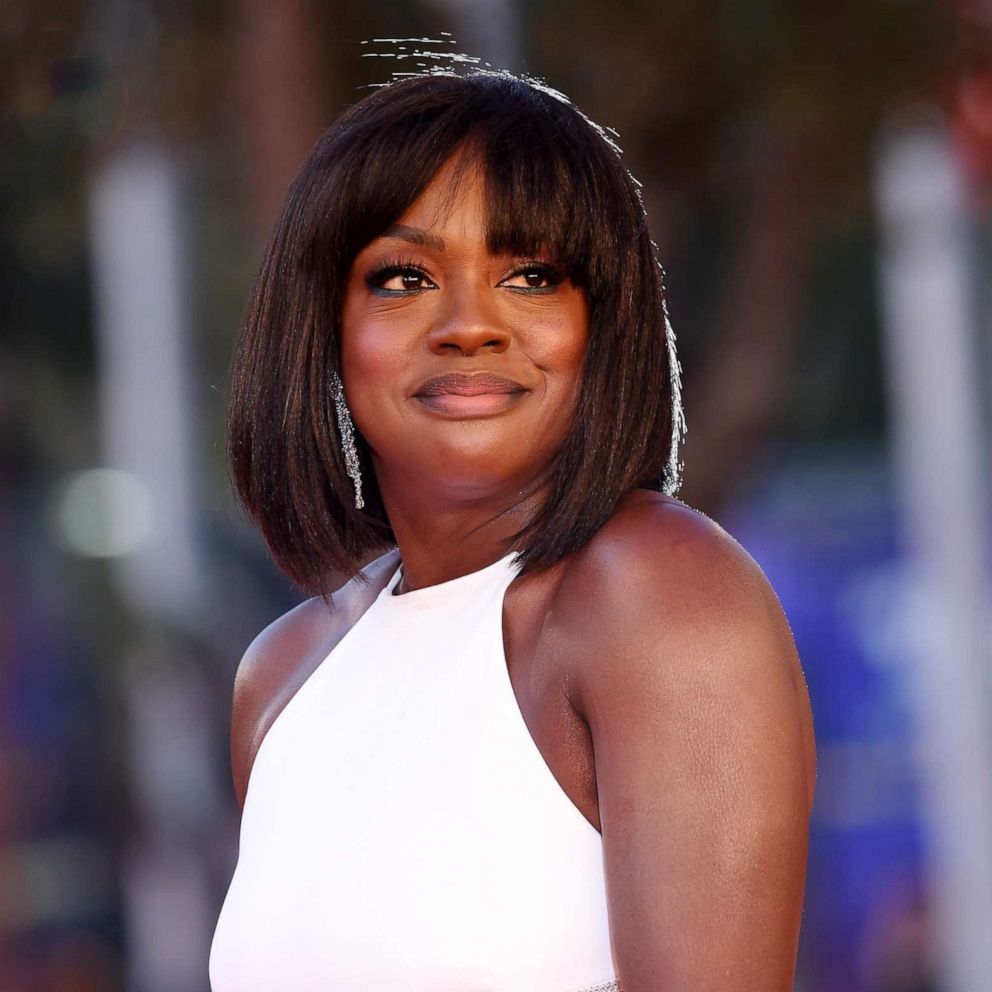Viola Davis says she 'feels like I betrayed myself, and my people' with 'The Help'
The actress has previously spoken out about her issues with the 2011 film.
Viola Davis is opening up once again about the issues she has with one of her past films, "The Help."
The Tony, Oscar and Emmy Award-winning actress, 54, played Aibileen Clark, a Black maid living in Jackson, Mississippi, in the early 1960s in the 2011 Tate Taylor-directed drama.
The film, which also starred Octavia Spencer, Emma Stone, Bryce Dallas Howard and Jessica Chastain, was nominated for four Academy Awards, including Davis' best actress nomination for her performance. Despite its success, the actress has been vocal in the past on her grievances with the construction of the story.
In a new interview with Vanity Fair, Davis explained where she felt the film went wrong.
"Not a lot of narratives are also invested in our humanity. They’re invested in the idea of what it means to be Black, but…it’s catering to the white audience," she told the outlet. "The white audience at the most can sit and get an academic lesson into how we are. Then they leave the movie theater and they talk about what it meant. They’re not moved by who we were."
She told Vanity Fair that she holds herself responsible for taking on the role and the message she felt the film conveyed.
"There’s no one who’s not entertained by 'The Help.' But there’s a part of me that feels like I betrayed myself, and my people, because I was in a movie that wasn’t ready to [tell the whole truth]," she said. The actress added that the drama was "created in the filter and the cesspool of systemic racism."

The actress previously told The New York Times in 2018 about her belief in who the film is "catering to."
"I just felt that at the end of the day that it wasn’t the voices of the maids that were heard," she said. "I know Aibileen. I know Minny. They’re my grandma. They’re my mom. And I know that if you do a movie where the whole premise is, I want to know what it feels like to work for white people and to bring up children in 1963, I want to hear how you really feel about it."
She added, "I never heard that in the course of the movie."
Despite her issues with the film's plot and messaging, Davis said she still built strong bonds with her castmates during filming.
"I cannot tell you the love I have for these women, and the love they have for me ... But with any movie—are people ready for the truth?" she told Vanity Fair.
During the interview, Davis also spoke about creating more space for Black actresses in the film industry. "There’s not enough opportunities out there to bring that unknown, faceless Black actress to the ranks of the known. To pop her!" she said.
Davis said many white female actresses, including Emma Stone and Reese Witherspoon, have had "a wonderful role for each stage of their lives, that brought them to the stage they are now," but pointed out that she feels "we can’t say that for many actors of color."







